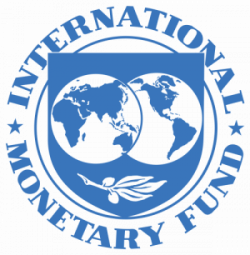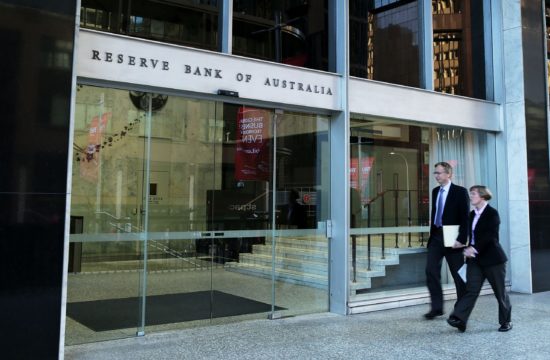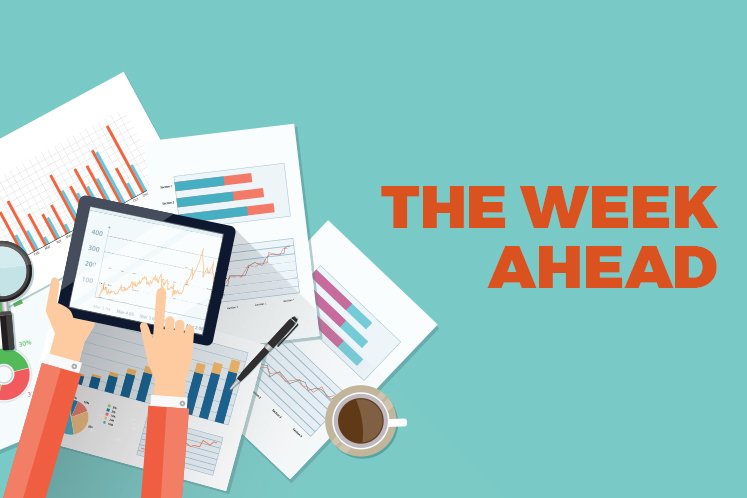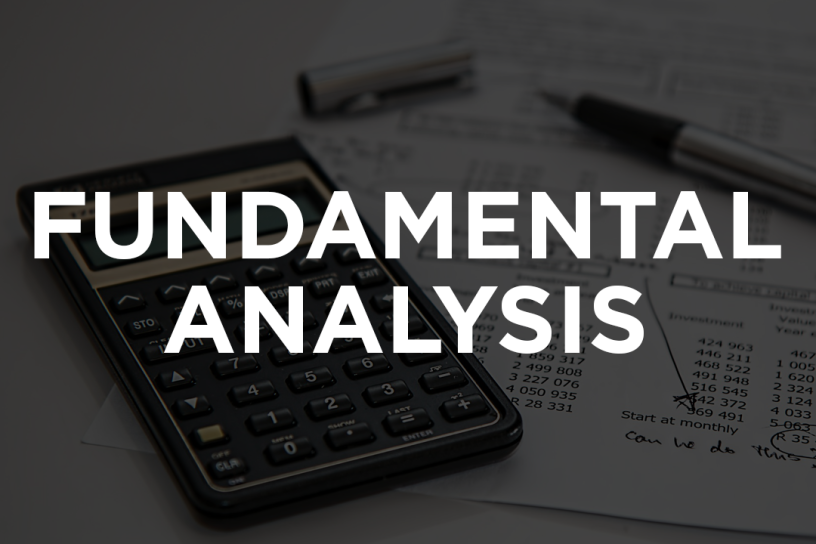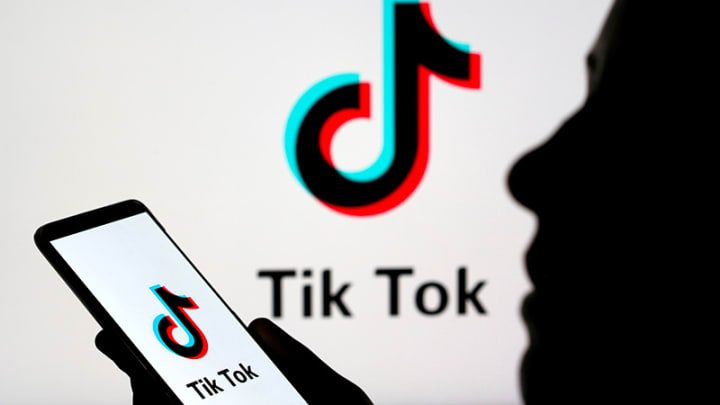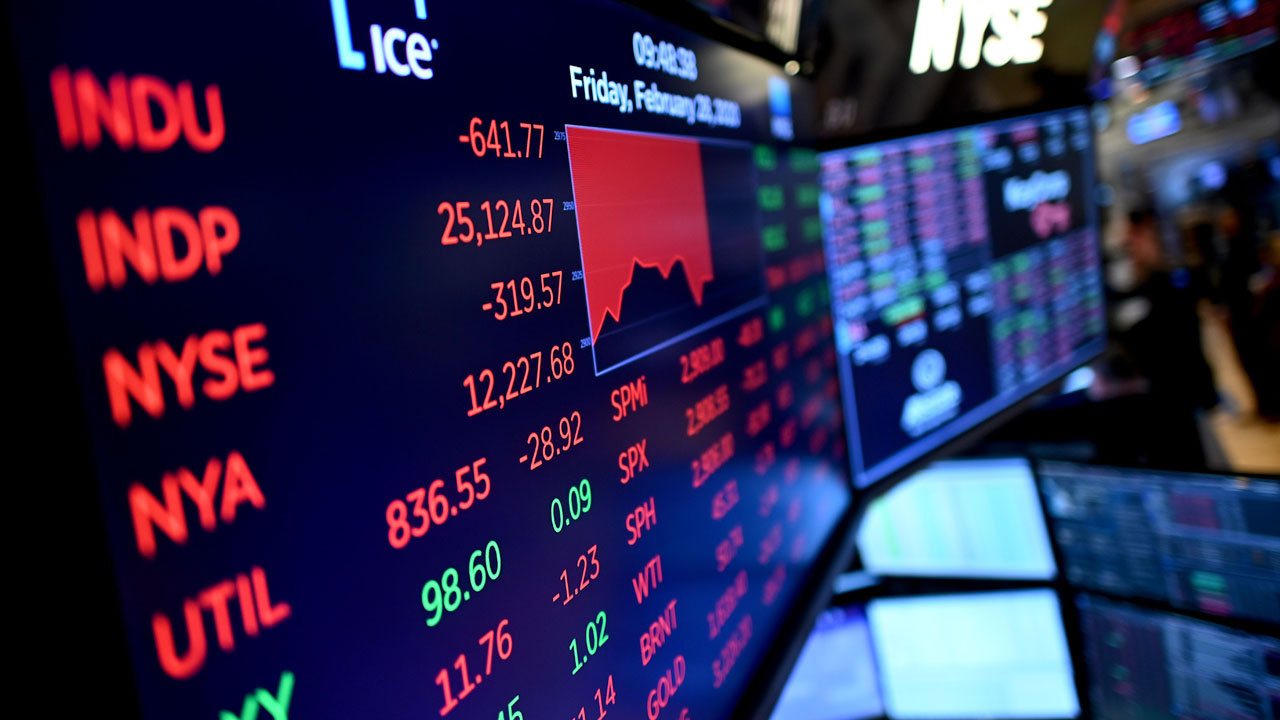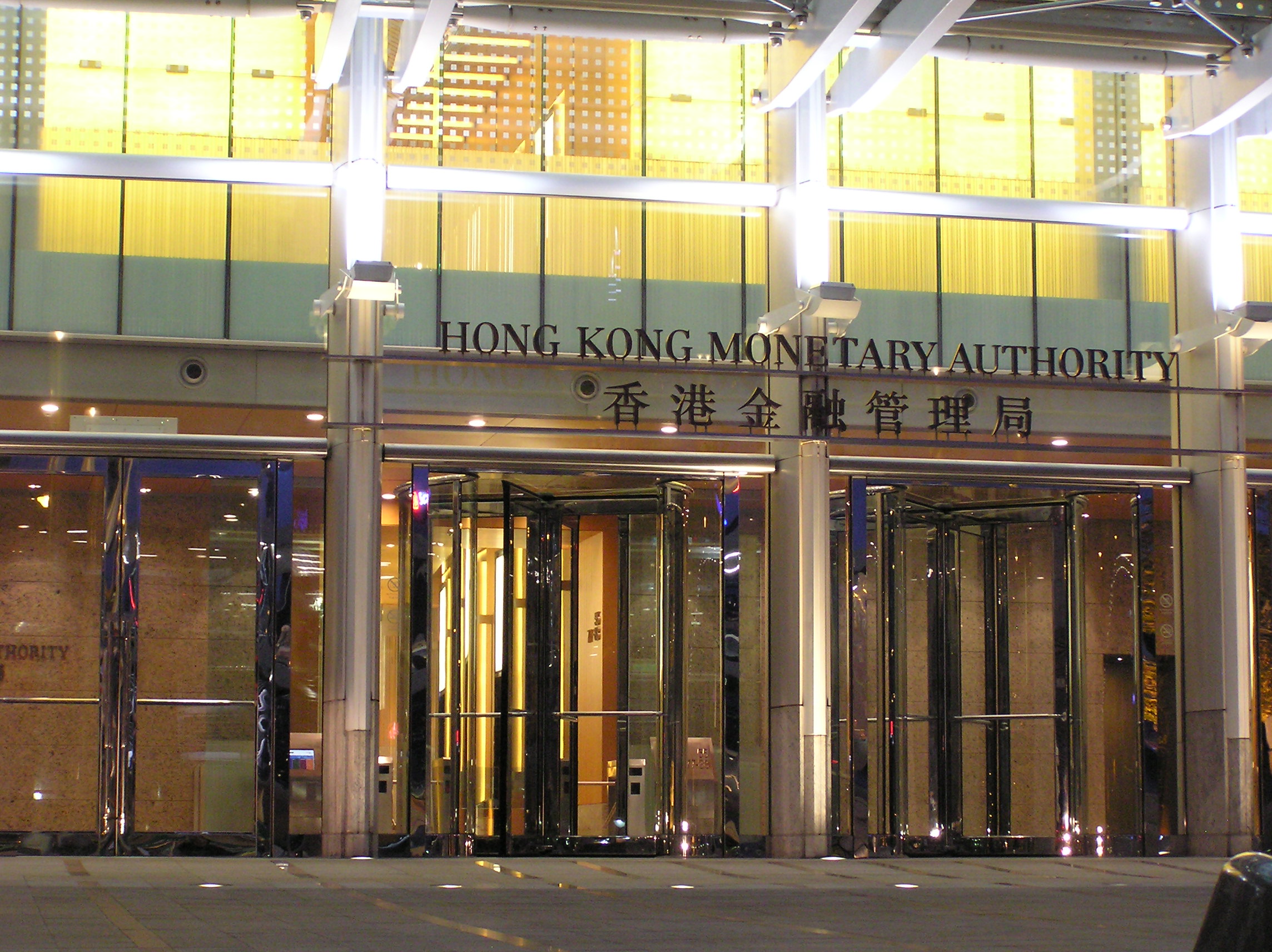Thank you Tedros for the invitation and the introduction—I am very pleased to be with you today. The WHO has been doing indispensable work during this crisis.
The global nature of the pandemic reinforces the importance of us all working together—people, countries and global institutions.
As the world responds to COVID-19, it might sometimes seem like there is a trade-off to be made: either save lives or save livelihoods. In fact, this is a false dilemma—getting the virus under control and saving lives is, if anything, a necessity to saving livelihoods.
That is what brings the WHO and the IMF so closely together: the WHO to help protect the health of people; and the IMF to help protect the health of the global economy.
We work together.
And so, our joint appeal to policymakers everywhere is to recognize that protecting public health and protecting the economy and putting people back to work, go hand in hand. We need to do both.
As the IMF and others rush to provide financing to support countries in desperate need, our joint plea is to place health expenditures at the top of the priority list—get resources to doctors, nurses, hospitals, the purchase of medical equipment, and to help the most vulnerable people. At the same time, this must go together with support for economy-wide priorities to reduce unemployment, minimize bankruptcies and, over time, build the recovery.
These economic measures come in addition to—and not as a substitute for—health spending.
We recognize that it is hard to strike the right balance, but we must strive to do so—because that is the path to a better future for us all.
Emerging market and developing economies are particularly vulnerable – and this is a point that I want to emphasize.
Their health systems are already fragile and now they have been hit terribly hard economically. The IMF is giving those countries high priority.
The demand for our financing has skyrocketed. In fact, never in the 75 years history of our institution have so many countries found themselves in need of emergency financing – 85 countries have approached us so far, all at one time.
To accommodate this surge, we are deploying our total financial capacity of $1 trillion. Within that, we are aiming to double the availability of our emergency, fast-disbursing resources from $50 billion up to $100 billion – funds that can help the emerging market and developing countries in particular. We are also looking at ways in which we can provide additional liquidity.
At the same time, we have increased our capability to ease the debt service obligations of our poorest members through the Catastrophe Containment Relief Trust. And together with the World Bank, we are advocating for a standstill of debt service from the poorest countries to official bilateral creditors.
We are doing all this in record time, with the first projects already approved and money disbursed. And as our financing reaches countries, we are working with them to ensure that they are focused on priorities: urgent health expenditures and urgent support for the economy.
Both underpin what is the ultimate priority: support for people.
Here, the WHO and the IMF share the same fundamental objective.
So, let me end by reiterating our joint appeal to policymakers: the global health crisis and the health of global economy are intertwined. Let us implement policies that protect both lives and livelihoods.
Thank you and I would be happy to take some questions….

